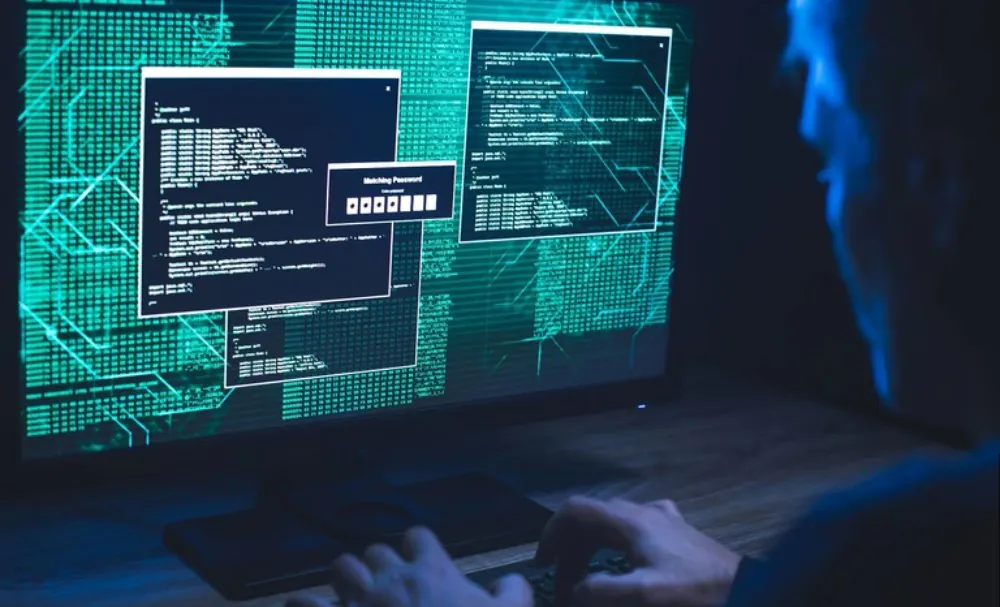Elevate Your Vaping Game with Exceptional Delta 8 Pen Selections
Elevating your vaping experience is more than just a trend; it is a lifestyle choice that allows you to explore a vast array of flavors, effects, and experiences. Delta 8 THC has emerged as a popular option in the vaping community, offering a unique blend of benefits that distinguish it from its better-known counterpart, Delta 9 THC. With the increasing demand for Delta 8 products, finding exceptional Delta 8 pen selections can significantly enhance your vaping journey. Delta 8 pens are designed to provide a smooth and enjoyable vaping experience, and they come in various styles, strengths, and flavors. One of the standout features of Delta 8 pens is their ability to deliver a milder psychoactive effect compared to Delta 9, making them an attractive option for both newcomers and seasoned vapers. Users often report experiencing a more clear-headed high with Delta 8, characterized by relaxation and euphoria without the overwhelming intensity that can sometimes accompany Delta 9 THC. This makes Delta 8 pens ideal for social settings, creative endeavors, or simply unwinding after a long day.
 When selecting a Delta 8 pen, quality should be your top priority. Look for reputable brands that provide third-party lab testing to ensure their products are safe and effective. High-quality Delta 8 pens should be made from premium cannabis extracts and contains no harmful additives or contaminants. This not only guarantees a smoother and cleaner vaping experience but also ensures that you are consuming a product that adheres to health and safety standards. Flavor is another important consideration in your Delta 8 pen selection. Many brands offer a diverse range of flavors that cater to various preferences, from fruity and sweet to earthy and herbal. Popular flavors include watermelon, blueberry, and mint, each designed to tantalize your taste buds while delivering the desired Delta 8 experience. Some brands even offer strain-specific options, allowing you to enjoy the unique characteristics of your favorite cannabis strains in pen form.
When selecting a Delta 8 pen, quality should be your top priority. Look for reputable brands that provide third-party lab testing to ensure their products are safe and effective. High-quality Delta 8 pens should be made from premium cannabis extracts and contains no harmful additives or contaminants. This not only guarantees a smoother and cleaner vaping experience but also ensures that you are consuming a product that adheres to health and safety standards. Flavor is another important consideration in your Delta 8 pen selection. Many brands offer a diverse range of flavors that cater to various preferences, from fruity and sweet to earthy and herbal. Popular flavors include watermelon, blueberry, and mint, each designed to tantalize your taste buds while delivering the desired Delta 8 experience. Some brands even offer strain-specific options, allowing you to enjoy the unique characteristics of your favorite cannabis strains in pen form.
Furthermore, the convenience of Delta 8 pens cannot be overstated. They are portable and discreet, making them perfect for on-the-go enjoyment. Whether you are heading to a party, taking a break at work, or enjoying a day outdoors, Delta 8 pens can easily fit into your lifestyle. Many options come with rechargeable batteries, ensuring you would not run out of power when you need it most. In conclusion, elevating your vaping game with exceptional best delta 8 pens selections opens up a world of possibilities for flavor, effect, and convenience. By choosing high-quality products from reputable brands, you can enjoy the benefits of Delta 8 THC while indulging in a diverse array of flavors. Therefore, whether you are a novice or a seasoned viper, exploring Delta 8 pens will surely enhance your overall vaping experience, making every puff an adventure worth savoring.
